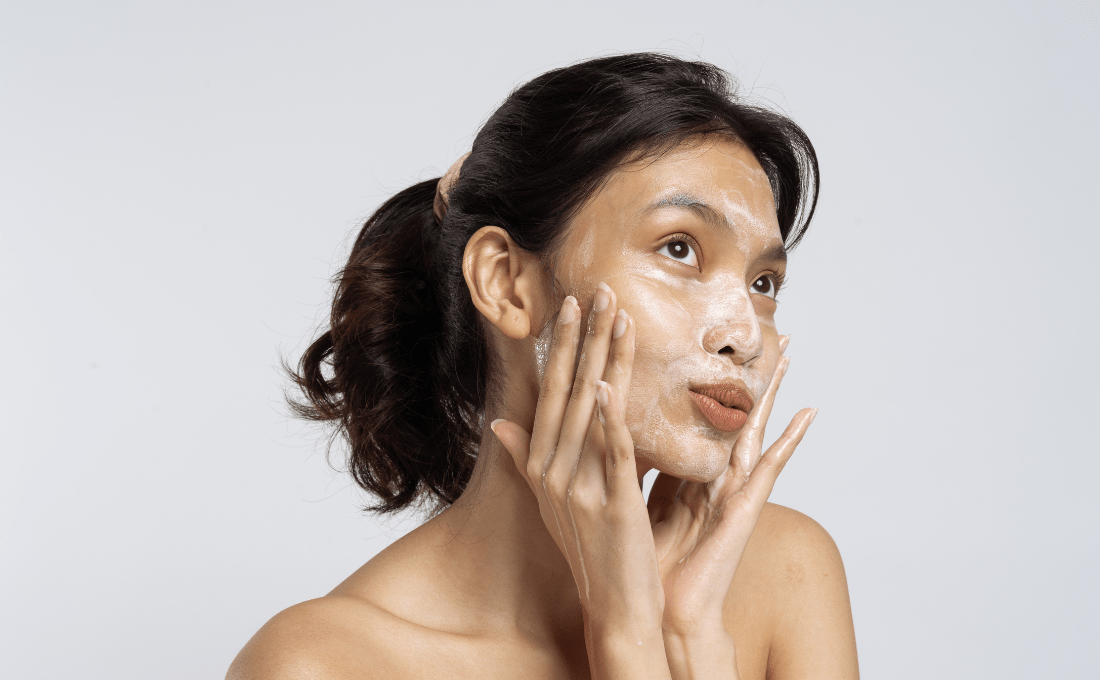Maskne
Maskne, short for “mask acne,” is a skin condition that has become increasingly common since the outbreak of COVID-19. It is characterized by the appearance of pimples, blackheads, and other types of acne around the mouth, chin, and cheeks, where a face mask is worn. Maskne is caused by a combination of factors, including friction, moisture, and bacteria. When a mask is worn for an extended period of time, it can cause friction against the skin, leading to irritation and inflammation. Additionally, the warm, humid environment created by the mask can trap moisture and sweat on the skin, which can clog pores and contribute to acne breakouts. Bacteria can also thrive in this environment, exacerbating the problem.
People who are prone to acne are particularly susceptible to maskne, but anyone can develop it. It is more likely to occur in people who wear tight-fitting masks or who wear masks for long periods of time, such as healthcare workers or individuals who work in service industries. Fortunately, there are several steps that can be taken to prevent or manage maskne. First, it is important to choose a mask made from breathable, non-irritating materials, such as cotton. The mask should fit properly, but not be too tight. It is also helpful to wash the mask regularly to prevent the buildup of bacteria and sweat. In terms of skincare, gentle cleansing and moisturizing are key. Avoid using harsh, drying products or scrubbing the skin too vigorously, as this can further irritate the skin. Instead, opt for gentle, non-comedogenic products that will not clog pores.




